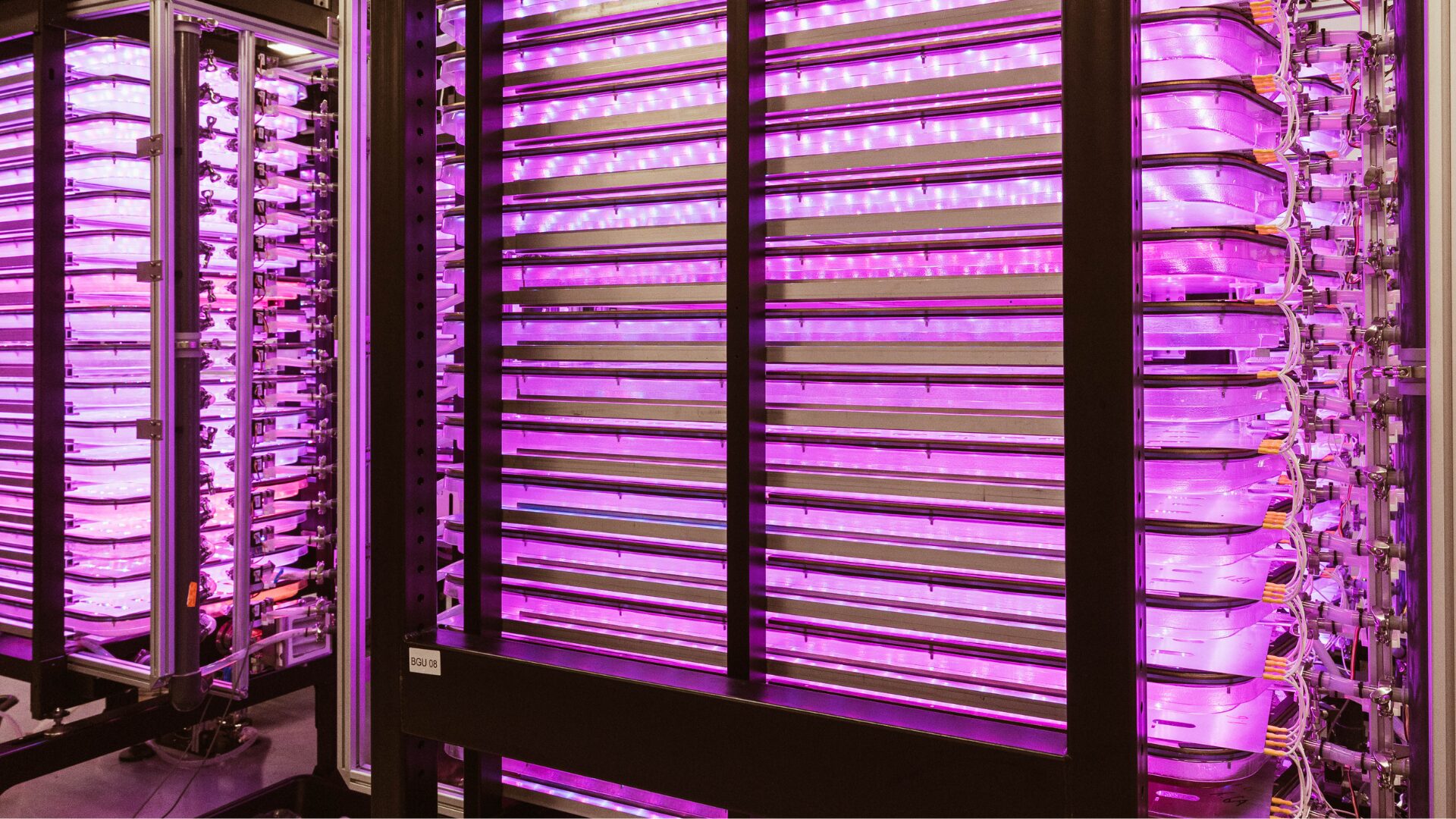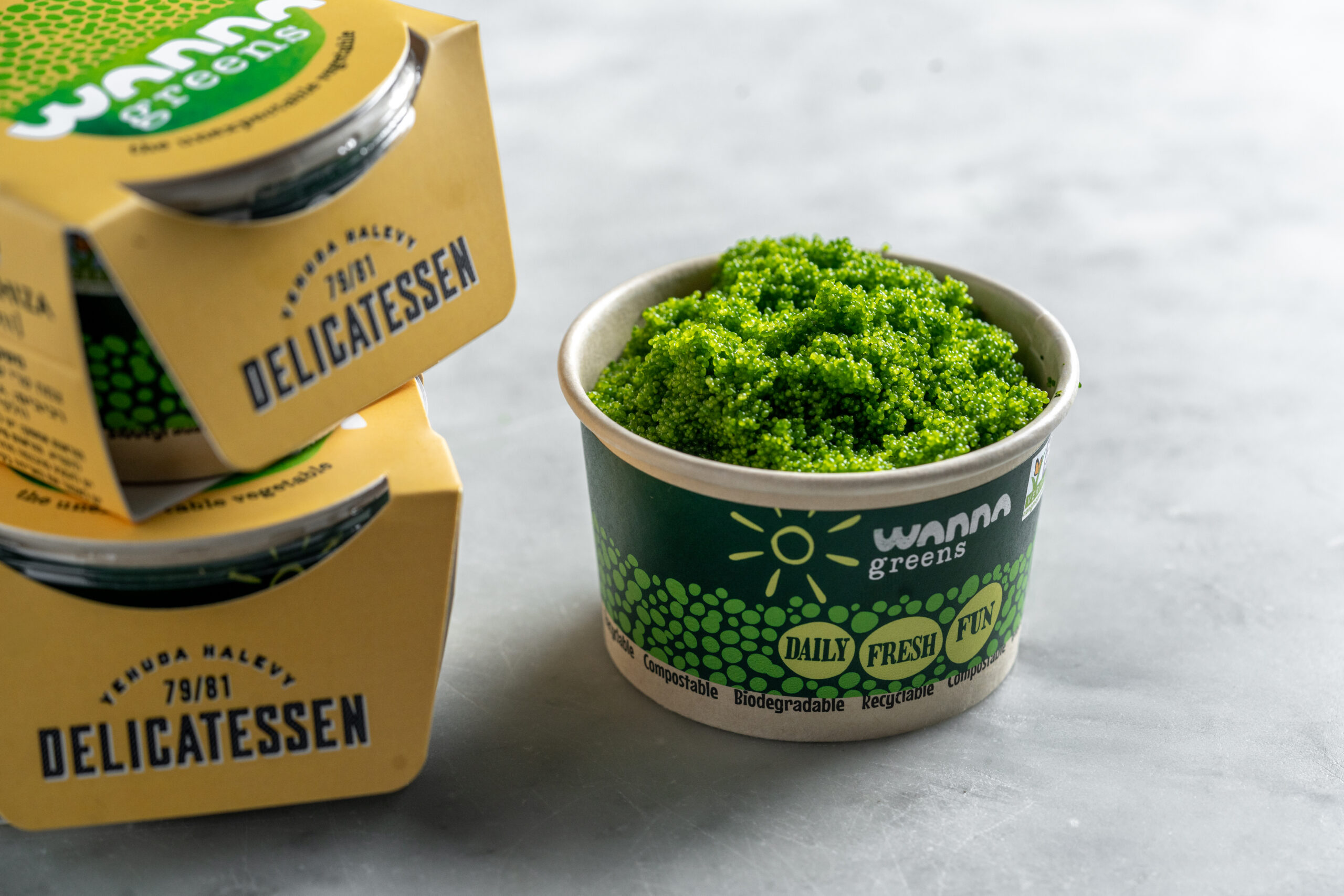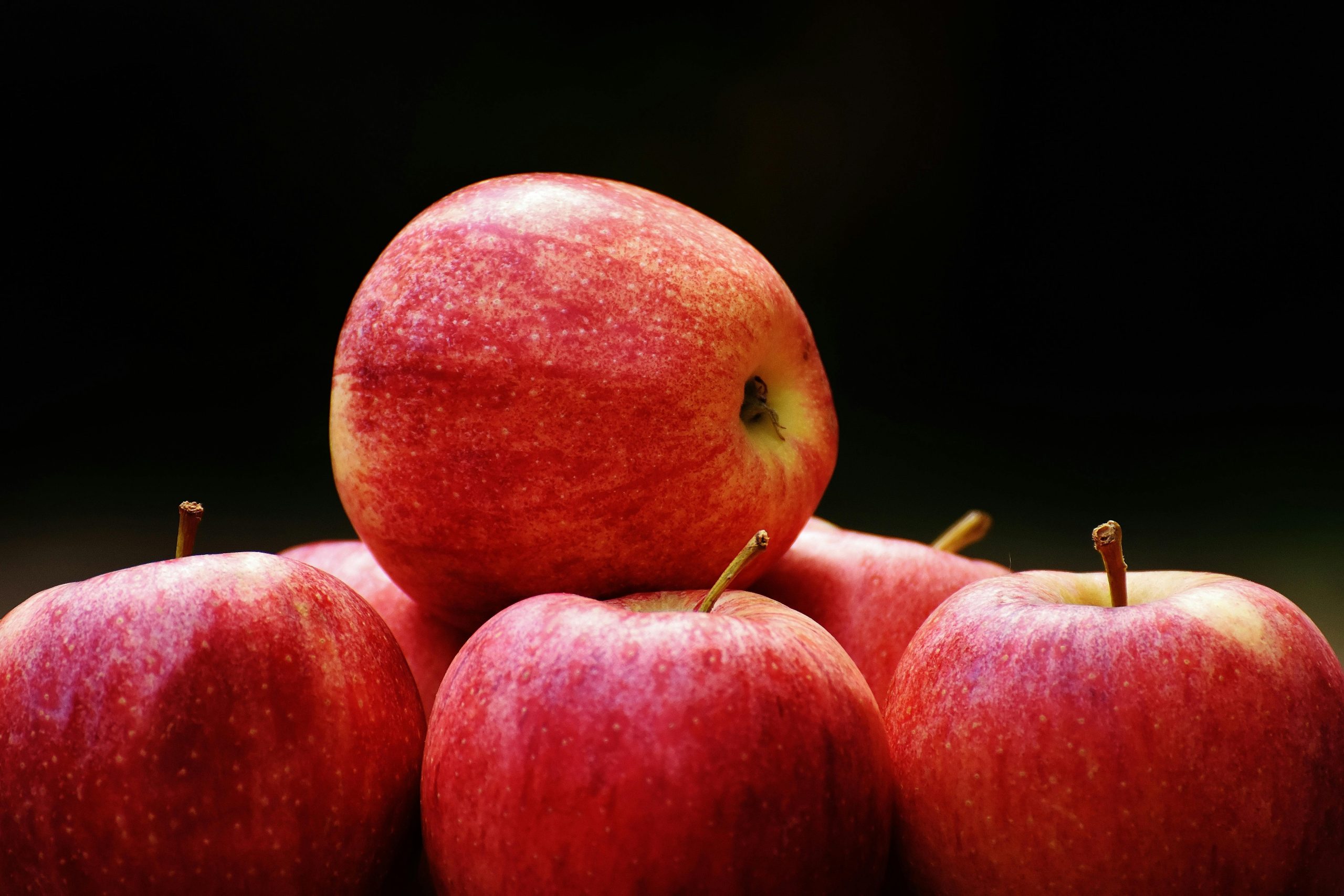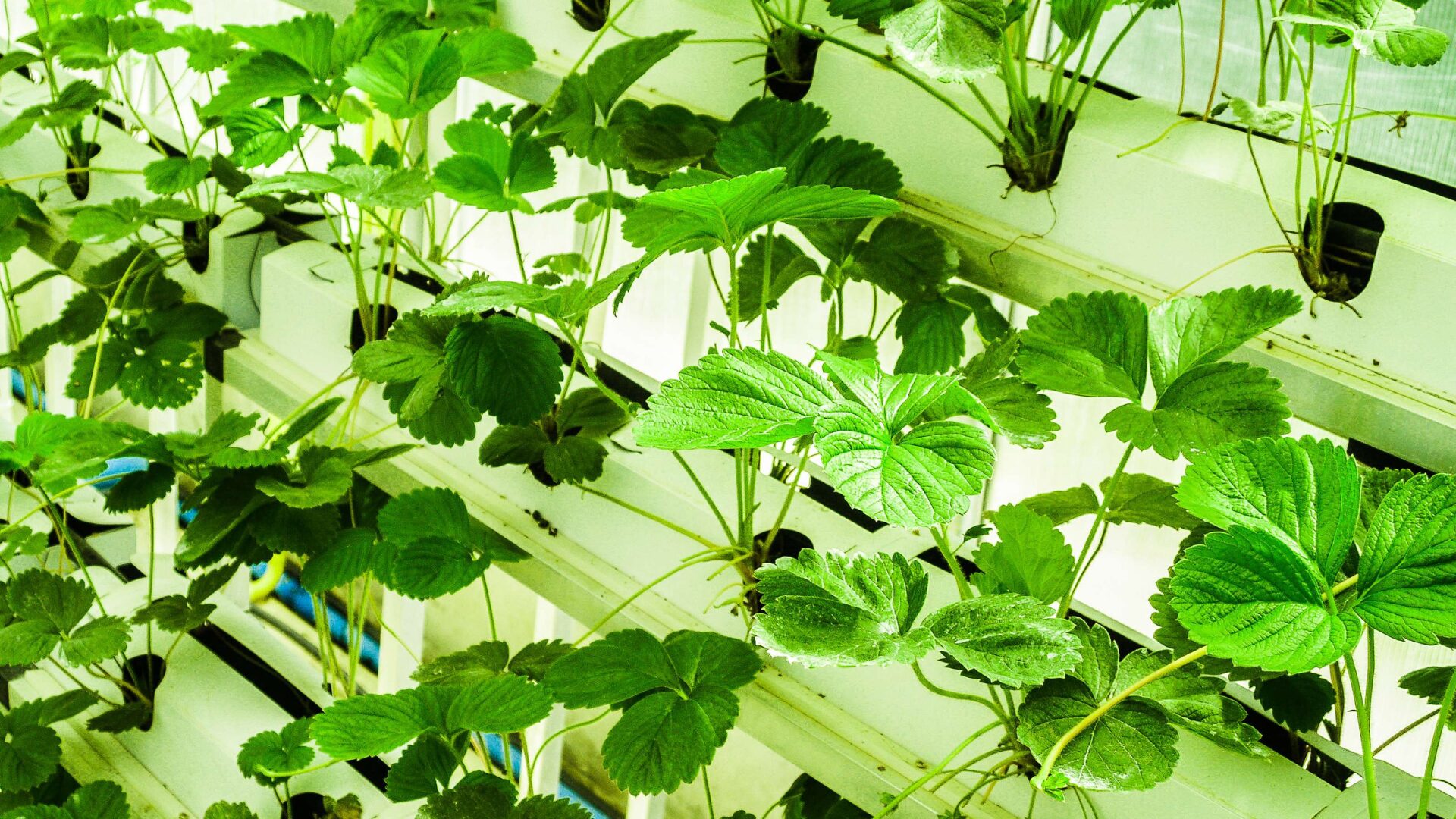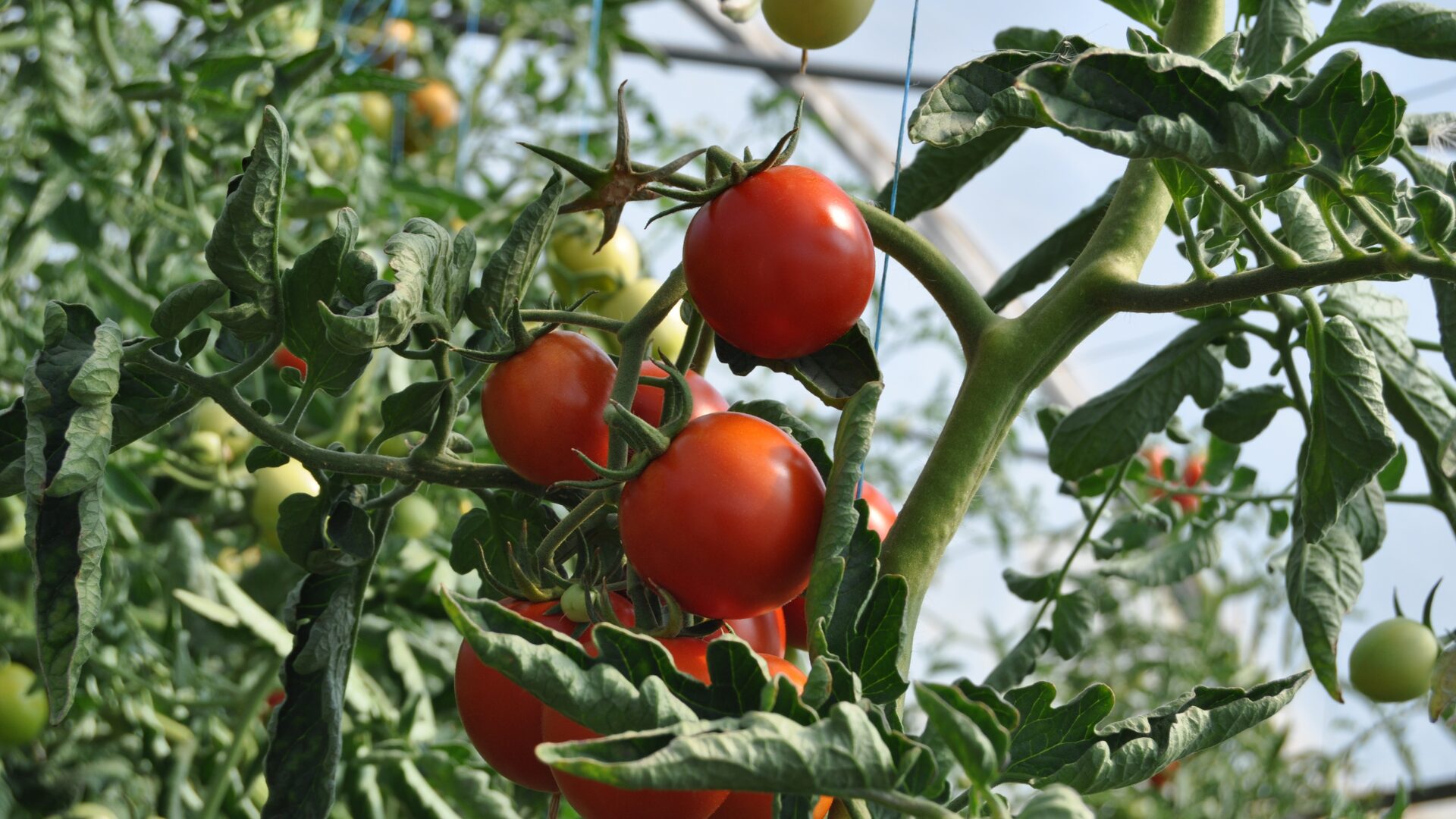For much of her adult life, Dr. Tsipi Shoham made cancer research her sole professional purpose. Around 2013, she stumbled upon research that slightly altered her life’s trajectory.
“I started to look at strong, massive research,” she recently recalled, “that demonstrated the correlation between diet and disease and the data is amazing. … We just need to eat the right source of fresh fruits and fresh vegetables on a daily basis.”
Dr. Shoham noticed evidence that, by eating the right quality of nutrients, one can reduce the risk of cancer by nearly 50%. She became inspired to motivate consumers to eat more produce.
Soon, Dr. Shoham added “founder and CEO of GreenOnyx” to her resume, and began promoting a unique new form of agriculture she calls “quantum farming.”
“People don’t choose fresh produce as the main ingredients in their diet, and the reasons are very simple,” Dr. Shoham said. “It’s not fun, it’s not convenient. You need a lot of time, and shelf life.”
There are “all kinds of barriers that push us from awesome, fresh foods to the convenient, processed, industrialized options.”
Quantum farming, Dr. Shoham said, “is such a simple solution that can cut by half the number of patients that come into the oncology divisions that I worked in.”
Quantum farming, she added, overcomes limitations of traditional indoor and vertical farming through an AI-controlled, fully autonomous system.
“Unlike conventional indoor farming, which typically relies on static, larger-scale growth environments, quantum farming mimics the way nature scales by layering small, modular growth units, each functioning like a ‘quantum cultivation cell’ – these cells can be duplicated within a farm, creating a scalable, production-line-like array of sterile growing trays.”
Quantum farming boasts additional benefits, too, according to GreenOnyx, such as:
- Reduced requirements for labor
- Lower energy and equipment costs than traditional indoor farming
- Products have a shelf-life of 6 weeks
“It’s not a batch-based process, but rather a continuous process. So, we can reduce cost dramatically,” Dr. Shoham said of quantum farming.
GreenOnyx claims its Wanna Greens vegetable product is rich in nutrients and free from toxins or pesticides (to see an explanatory video about that product, click here).
Indoor Farming Outlook
Over the next decade, Dr. Shoham envisions traditional indoor farming to spread throughout the Middle East and within countries like Singapore, as countries that seek to lessen their reliance on food imports embrace the concept. Additionally, water restrictions could force certain countries or cities to consider indoor farming.
“Water is going to cost a lot in the next few years,” Dr. Shoham said. “So, indoor, vertical farming is a way to grow food under tight control on water utilization, because you can recycle the water, and you use the minimum required for plants.”
With indoor farming, she explained, “you don’t have loss of water into the environment like you have in irrigated systems in a large field.”
Some prominent indoor farming companies have struggled to achieve profitability in recent years. Regardless, Dr. Shoham maintains unwavering confidence in quantum farming.
Her professional purpose has never been clearer. She wants GreenOnyx’s products to help improve public health.
“The promise is there. The need is there,” she said. “The need is very strong.”
The Food Institute Podcast
Restaurant results for the second quarter weren’t stellar, but people still need to eat. Are they turning to their refrigerators, or are restaurants still on the menu for consumers? Circana SVP David Portalatin joined The Food Institute Podcast to discuss the current restaurant customer amid a rising home-centricity trend.


